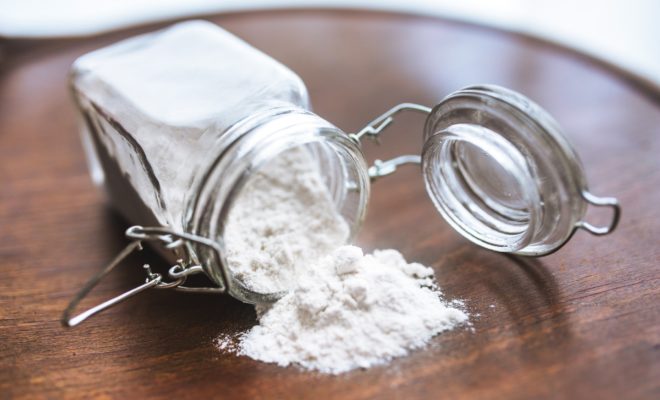3 Benefits Of Whey Powder Beyond Bulking Up

Whey powder products are popular with athletes and bodybuilders because the high protein content make them an ideal food for losing body fat and building muscle, but recently these supplements have gained mainstream market share. What exactly is their appeal? A closer look at whey powder products quickly reveals that such supplements offer a myriad of benefits to consumers, no matter their nutritional goals.
Blood Pressure Benefits
High blood pressure can put a strain on all body systems and, over time, can increase the risk of a heart attack or stroke, kidney and vision issues, and even dementia, which is why doctors are always on the lookout for patients with hypertension – and whey protein can help reduce blood pressure. In an Australian study of overweight adults, men and women who consumed supplemental whey protein twice a day for twelve weeks saw a meaningful reduction in both systolic and diastolic blood pressure. Over a sustained period and particularly when paired with weight loss, supplemental whey can reduce lifelong cardiovascular risk and improve long-term health.
Help With Healing
Different whey protein supplements contain different elements, including whey protein isolate, whey protein concentrate, and micellar casein, another dairy derivative, among others, and each has its own benefits. Casein, for example, is good for your teeth, and micellar casein, in particular, promotes satiety by clumping in the stomach and slowing digestion.
As for whey protein isolate, one reason that component is so beneficial in a protein powder is that it promotes healing. This supports athletes who need to rebuild their muscles after each workout, but it can also aid wound healing in burn patients, individuals who have had surgery, or those with health conditions that compromise healing, such as collagen disorders.
Act Against Inflammation
Inflammation is an element in many of today’s most serious health issues, from autoimmune diseases to heart disease and gastrointestinal issues, and when testing for disease markers, doctors often look for signs of inflammation. This can be measured, in part, by looking for high levels of C-reactive protein (CRP) in the blood, but whey protein can drive those numbers down. Individuals who consume a large amount of supplemental whey protein have lower levels of CRP and an overall decrease in inflammation. This can reduce pain in those with arthritis and other chronic conditions, increase mobility, and has an overall positive influence on physical health.
Not All Protein Is Equal
Not all protein powders are equally healthful, and not all are made from whey – there are also pea and soy protein powders and collagen peptide supplements. Some supplements may also contain a combination of protein sources. Before you buy, be sure you know what your nutrition and overall health goals are and determine what type of protein product is right for you. While increased protein consumption will almost always help you lose weight and gain muscle, even among dairy-based protein supplements, whey protein is better for building muscle than casein alone. Other benefits will vary based on the supplement. Additionally, some protein powders are packed with added sugars, so be sure to read labels carefully.
Protein powders are a great way to enhance your diet, whether you’re an athlete or a busy professional. With a variety of flavors and recipes, you can enjoy this powerhouse supplement in dozens of different ways.










